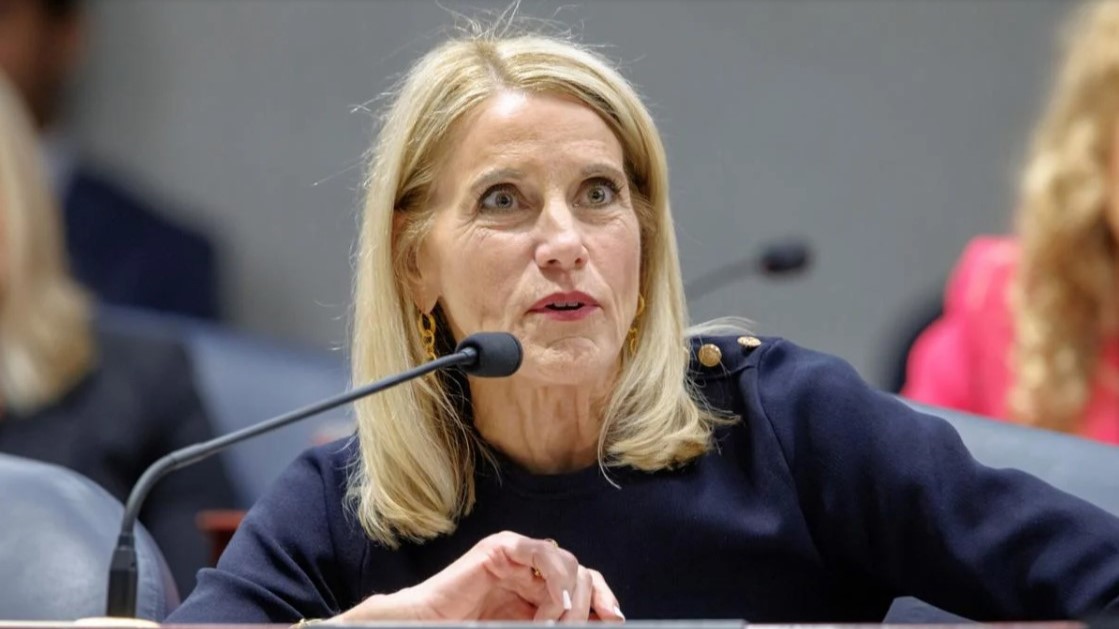The Florida House on Wednesday overwhelmingly approved a plan that aims, in part, to ease financial strains on condominium owners, setting up negotiations with the Senate before next week’s scheduled end of the 2025 legislative session.
The House and Senate bills address condo-safety laws passed after the 2021 collapse of the Champlain Towers South condominium building in Surfside that killed 98 people.
The laws, passed in 2022 and tweaked in 2023, included requiring “milestone inspections” of older buildings and “structural integrity reserve studies” to determine how much money should be set aside for future major repairs.
Milestone inspections were supposed to be completed by Dec. 31 for certain older buildings that are three stories or higher. Some condo associations hit owners with large assessments in the race to comply with the deadline. Assessments are in addition to homeowners’ regular association fees.
House bill sponsor Vicki Lopez, R-Miami, said Wednesday her proposal (HB 913) seeks to clear up confusion over current requirements and provide “financial relief” for condo associations by allowing them to use lines of credit in lieu of reserves.
A similar Senate proposal (SB 1742) would allow condo associations to use lines of credit or obtain loans to fund repairs. The Senate bill, sponsored by Fleming Island Republican Jennifer Bradley, also would allow condo associations to “temporarily pause” reserve-fund contributions for up to two years.
Rep. Anna Eskamani, D-Orlando, said the line-of-credit part of Lopez’s bill would “be very helpful” to condo owners in her district.
“A lot of our condo owners are on a fixed income, and their ability to meet the costs that we established a few years ago is just not realistic. So I do hope this makes it easier to ensure the safety of these buildings will not force the individuals to leave their homes,” Eskamani said before the House voted 113-2 to pass the bill, with Rep. Mike Caruso, R-Delray Beach, and Rep. Kiyan Michael, R-Jacksonville, dissenting.
Lopez said her bill also clarifies that only buildings with three habitable stories will have to comply with the milestone inspections, an issue she said has caused confusion.
The House bill also includes changes that would allow condo owners to cast votes electronically in condo association elections. Lopez said that many condo owners who do not live in their units “have been disenfranchised” under current law, which requires in-person voting. The proposal would allow electronic voting if at least 25% of owners request it.
The bill also would prohibit companies or people that perform structural reserve studies from conducting repairs, to avoid what Lopez called “a clear conflict of interest.” The Senate version of the bill would require any contractor or “design professional” who bids to perform a structural reserve study to disclose in writing that they intend to bid on the repairs.
Both the House and Senate plans would require the state Department of Business and Professional Regulation, which oversees condo boards, to create a standard form for structural integrity reserve studies.
Under current law, the studies target features that affect buildings’ structural integrity or safety, including roofs, plumbing, structures such as load-bearing walls, electrical systems, waterproofing and exterior painting, and windows and exterior doors.
The studies also include other items that have deferred-maintenance expenses of more than $10,000, which the House and Senate proposals would raise to $25,000. Lopez said Wednesday the proposed change would “provide flexibility to exclude certain low-cost repairs or replacements from the studies.”
Approval of the House bill came amid a clash between Republican House leaders and Gov. Ron DeSantis.
The governor wanted lawmakers to revise the condo requirements during a special legislative session early this year. The regular session started March 4 and is scheduled to end May 2.
Appearing at an event Wednesday in Fort Pierce, DeSantis swiped at the House over myriad issues, including the condo legislation.
“You know, you have people that are getting hit with these crushing assessments. They’re on a fixed income. A lot of them own their condos outright. They can’t afford to fork over $100,000, and this is being put forward basically because of policies that were implemented by the Florida Legislature, so you have a responsibility to … recognize those unintended consequences and help people stay in their homes,” said DeSantis, who signed the 2022 and 2023 laws. “That’s what you should be doing, but they haven’t been willing to do that yet, either.”






